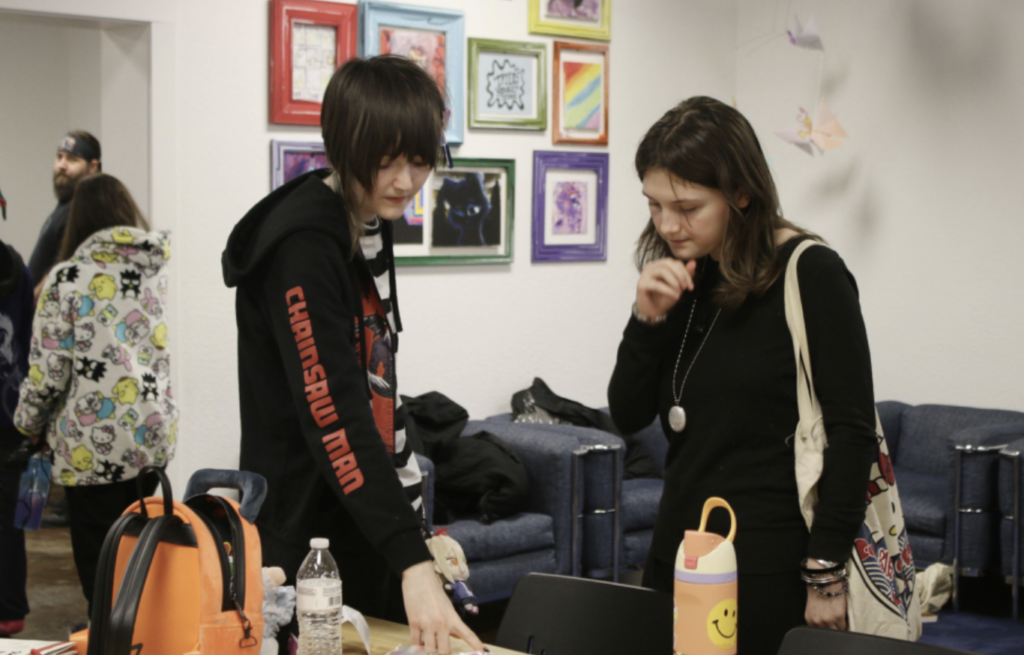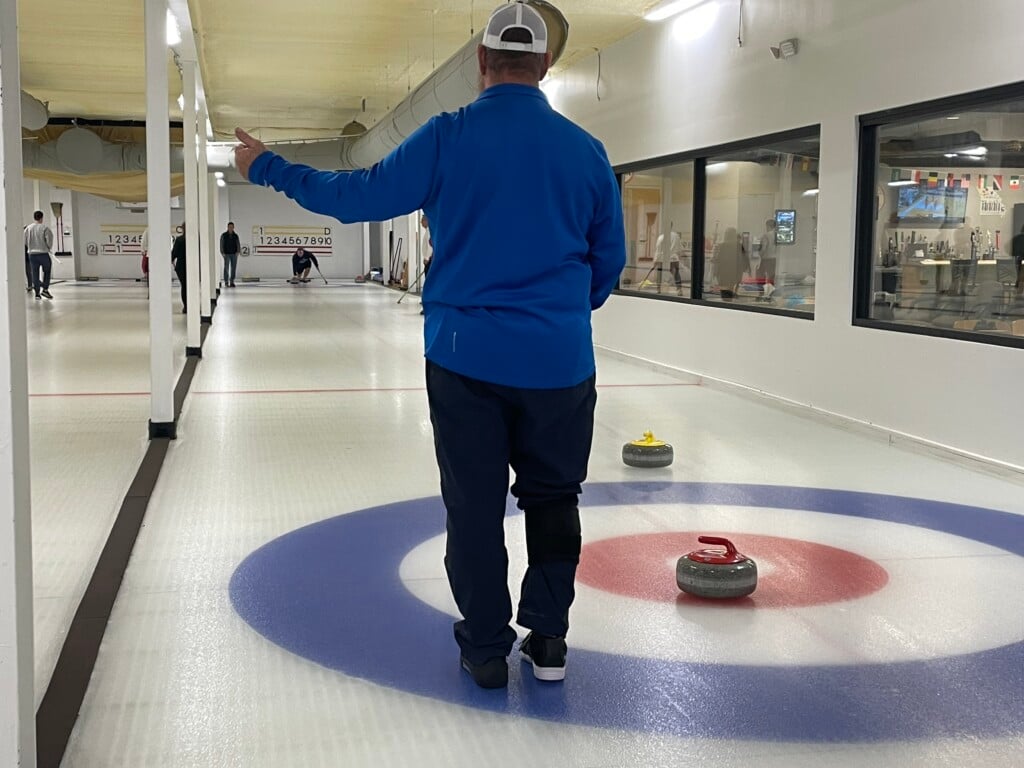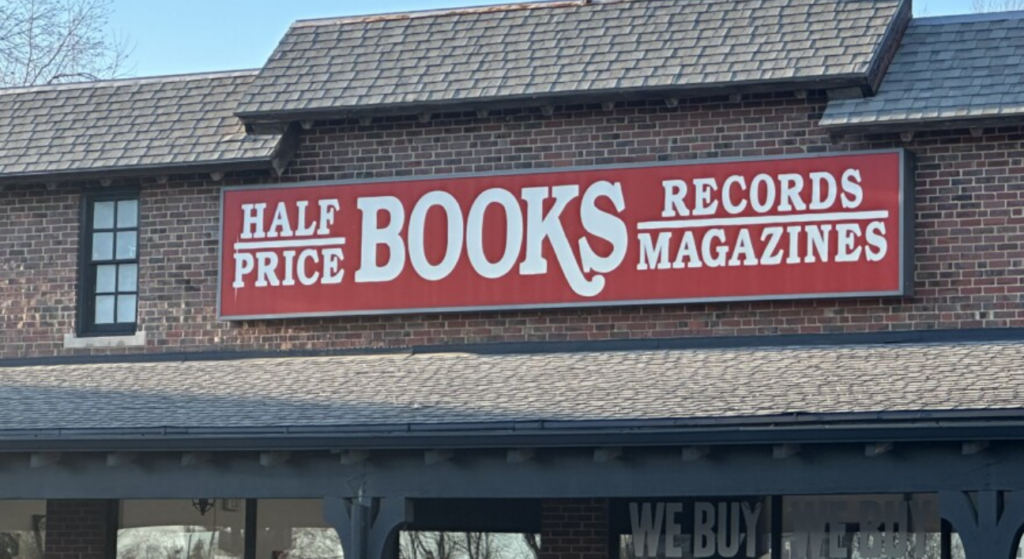Service Stations

Did you hear the news? Kansas City is a “hassle-free” town.
Lee Jones, a 48-year-old Kansas City, Missouri, high school dropout and Vietnam veteran, has worked the past 18 years as a welder. Though Jones says he made “good” money — about $17 an hour — at his most recent job, his chances for career advancement and better pay in his field are stymied without a high school or General Educational Development (GED) diploma. “I want to become an iron worker and join the union,” Jones says, “but I’ve been told I need to get a GED.”
Jones, who joined the Army as an 11th-grader at Central Senior High School, once before bypassed an opportunity to get his GED. “The war was over and I had gotten an ‘early out,'” he says. “I was about 21 and I enrolled at the old Penn Valley (Community College) in Westport. I had gotten some money to take classes, but I dropped out, used the money to buy a car, and signed up for welding training. I was young and foolish then.”
But he’s older and wiser now. This spring, Jones took more determined steps to get his GED. He went to register for classes at the Kansas City Adult Basic Education Program’s admissions office at 2121 Charlotte Street. Making the effort easier, Jones says, was the ability to pick a GED class site near his home (there are some 40 such sites around the city, administered by the Kansas City, Missouri, School District). Jones’ choice was the Family Resource Center at 4900 Swope Parkway, a place where the address sounded familiar but the name didn’t.
“I live around 50th and Prospect, so that’s closer to where I live,” Jones says. “It’s close enough for me to walk.”
So close, yet so far. Jones, who thought he knew his neighborhood well, lost his way to class because he didn’t know what exactly he was looking for. Jones says he put up with the hassle of finding the Family Resource Center because now, more than ever, he wanted a diploma.
“I thought this place was burnt down,” Jones says. “I went past it two or three times and I finally found it. A lot of people remember this used to be the health center.”
The Swope Parkway Health Center, however, moved one block east to 3801 Blue Parkway in 1995. The four-story building at 4900 Swope Parkway remained standing, despite neighborhood concerns and uncertainty about how it might be best rehabilitated. In March, the building quietly started accepting new tenants — including the Family Resource Center — as a result of federal, state, and city initiatives aimed at making government and nonprofit services user-friendly in the Age of Red Tape.
In fact, the Family Resource Center and the building’s other agencies, including the Missouri Division of Family Services, Rehabilitation Services for the Blind, the Full Employment Council, the Adult Basic Education Program, and the Neighborhood Preservation Division, held a “ribbon-tying” ceremony June 27. Organizers say the event ushered in an era of convenient, one-stop government services, an ambitious plan championed in the mid-’90s by the Clinton administration’s National Partnership for Reinventing Government and Vice President Al Gore’s program dubbed “Hassle-Free Communities.”
Kansas City, Seattle, and Dallas/Fort Worth became the nation’s three pilot “Hassle-Free Communities” in late 1998. Headed by local team leaders, each community was charged with making government services more efficient, productive, and amenable. Think of Uncle Sam delivering fresh, hot pizza, in any combination, to your doorstep without your having to fill out a dozen forms because you ordered extra toppings.
“It’s even more than customer service,” says Anna Doroshaw, the national project leader for the National Partnership for Reinventing Government. “‘Hassle-Free’ involves not only the government side but the community and agencies working in partnership. It gives us all a stake in the outcome, including the public that’s being served.”
So far, the service hasn’t exactly been hassle-free.
For example, the latest pet project of the “Hassle-Free Communities” initiative seeks a blissful, high-tech marriage among divergent federal, state, and city government agencies. Interactive kiosks — which resemble arcade video games but require no quarters to operate — are set to pop up in public areas across the country, enabling citizens to have access to dozens of government services, benefits, and materials at the tips of their fingers.
The blue machines are fitted with a touch screen, keypad, printer, and telephone line, purportedly giving consumers quick and painless access to driver’s license applications, birth certificate request forms, and Internal Revenue Service documents. Unveilings at four Texas locations apparently have been a hit with customers, who now can shop for groceries and apply for food stamps at the same time (by year’s end, some 36 kiosks are planned nationwide).
. In Kansas City, kiosks (each one costs $10,000 and all are sponsored by agencies and community groups) have appeared in two stores — one at the Sun Fresh market in Westport and the other at an Overland Park Wal-Mart. As of last week, the Sun Fresh kiosk was sporting an “Out of order” sign — technically, it’s never been “in order” since it’s not scheduled to go online until later this month. And Wal-Mart customers appeared befuddled by the machine, which is located in the back of the store in the layaway department.
“It would be a valuable source of information if you knew how to use it,” a Wal-Mart employee says. “I really haven’t seen anyone using it.”
“Hassle-Free” team members in Kansas City say the kiosks will be fully operational for an official kickoff sometime this month, but nothing has been finalized. Until then, store customers must figure out on their own what to do with the kiosks.
Doroshaw says publicizing the kiosks should remedy problems people might have with attempting to use them. But a lot of government initiatives tend to work surreptitiously, so citizens might become aware of them only by accident — or not at all. The Family Resource Center, despite its good intentions, has been relying on “word of mouth” promotion in the neighborhood. People who might readily benefit from its services probably have no idea the center sits in their own backyard.
“The word is getting out, but I don’t think a lot of people know it’s open to the public,” a GED class instructor says. “I don’t know why we don’t have more business. They don’t seem to push too hard for publicity. The only thing I can see is if there is a bombardment of people, can we be adequately prepared?”
Bill Johnson, who formerly served as the program’s Kansas City team leader, points to plenty of success bringing “Hassle-Free” consumer and business services to the Kansas City area the past two years. Local “Hassle-Free” organizers boast that the IRS sent a “Tax Tour” bus to help income tax filers in rural Missouri and Kansas and that various social services set up exhibit booths at state fairs. And Missouri schoolchildren now must fill out only one form — not three separate ones — to apply for extended day care, the school lunch program, and health insurance. “It’s incredible that such a small initiative could have such a large impact,” Johnson says. Appointed by Gore’s staff, Johnson, who has 33 years of government-services experience, helped to get the Family Resource Center off the ground. “This is what the vice president said he wanted for people, one place for people to go in the community.”
That is, if he can just start letting people like Lee Jones know where to go.
“This is a good place, and I like it because it’s so convenient for me,” Jones says of the Family Resource Center. “I just know someone told me, ‘The building ain’t there no more.’ That’s what I heard.”




